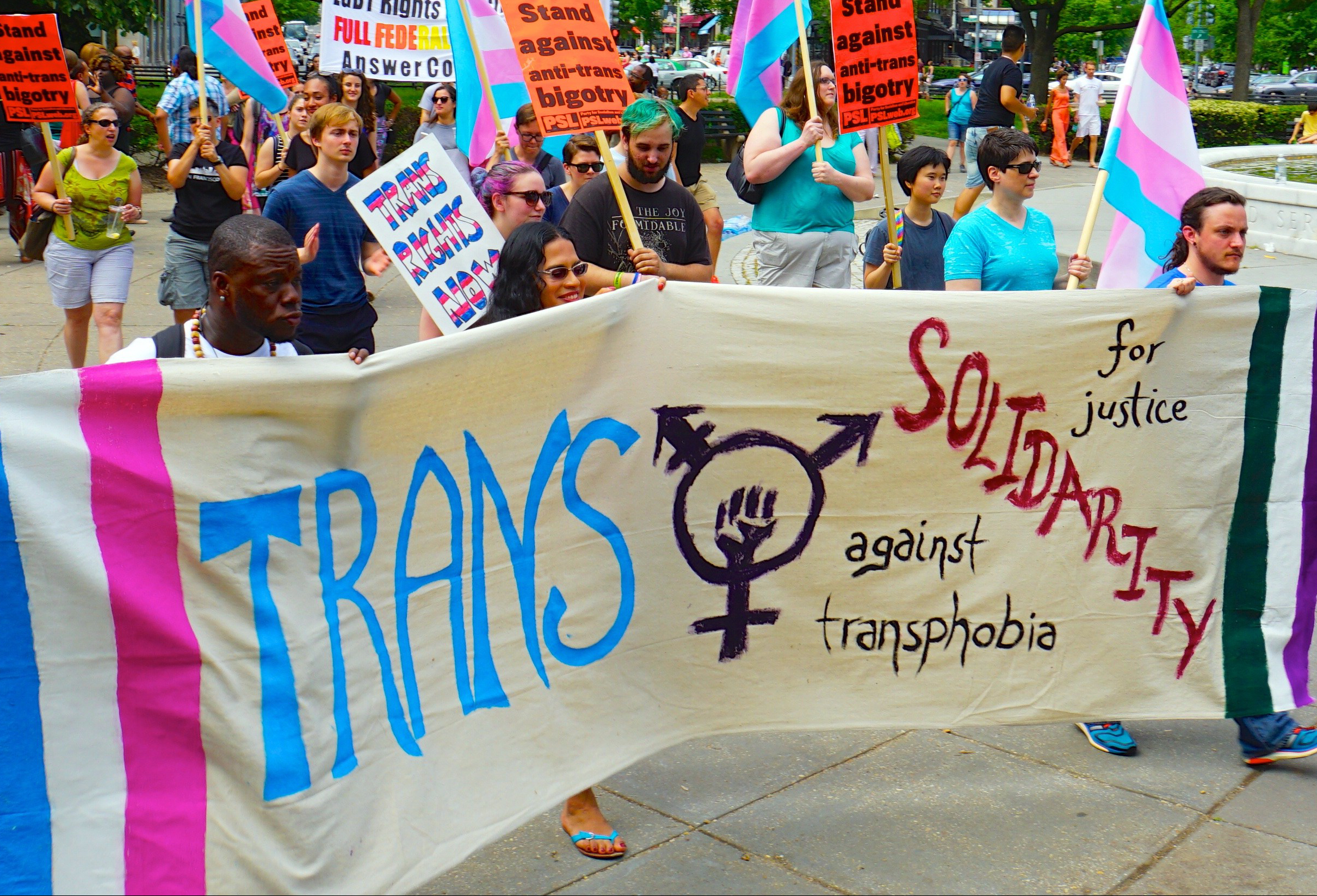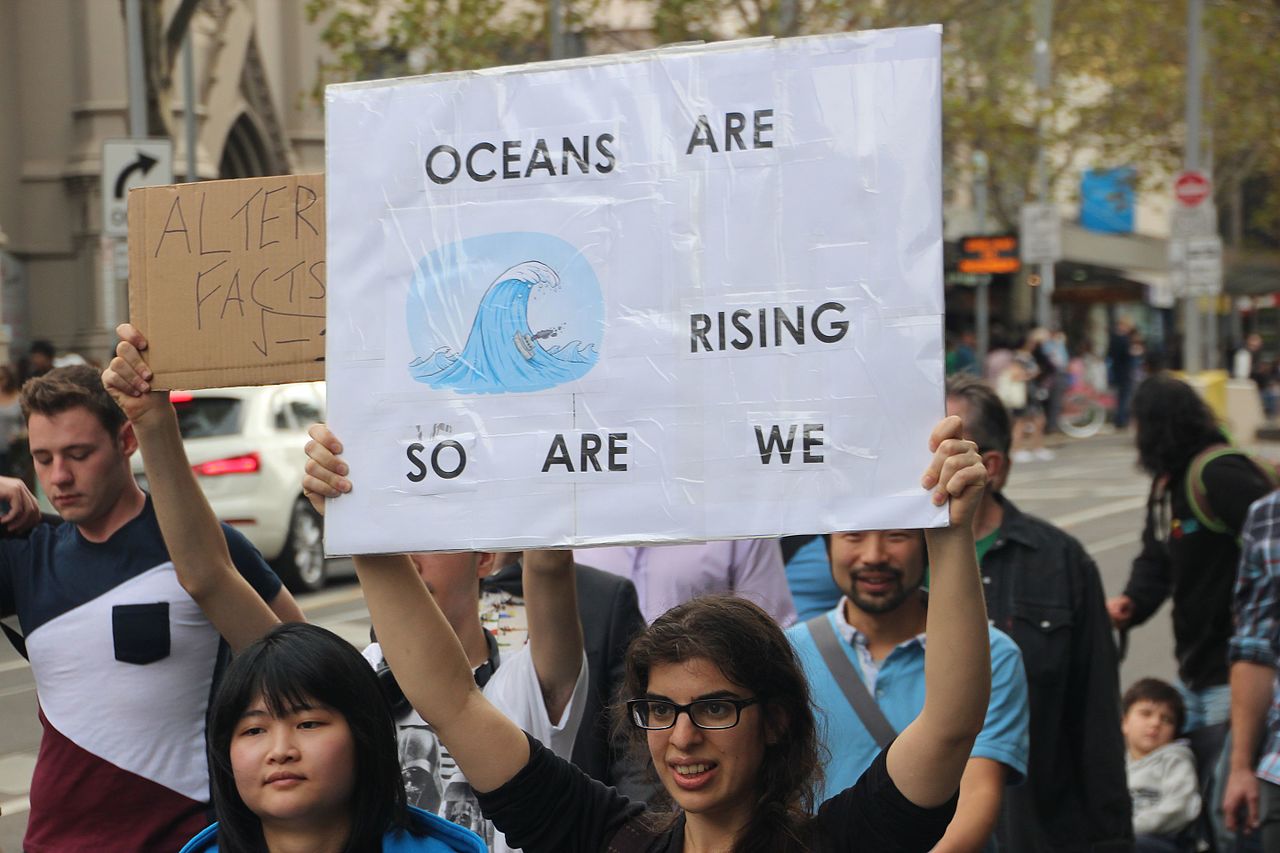These thoughts began as a social media post, shared with a few friends. I publish it with trepidation because it wades into difficult conversations, and is a bit more raw and a work in progress than my typical writing, but it’s on my heart and I think it’s time. I hope you’ll bear with me and “pardon the dust.” Please forgive me if I don’t get everything right; I’m still learning here, and I’m trying to keep my ears open to listen.
My concern is the way we talk about the war in the Middle East. At the outset I acknowledge my place as a person of Jewish descent who grew up Unitarian Universalist, and for whom Jewish culture and heritage remains an important part of my identity. I am also a pacifist who opposes violence as a solution to problems, and a supporter of a just two state solution in Israel and Palestine. I believe in Israel’s right to exist and the Palestinian right to be free from oppression and occupation. I believe firmly that human rights must be honored, even when it’s hard, and I believe they have not been.
What I have to say is this. Friends, we need to be careful with our language.
We live in an era in which both Islamophobia and antisemitism are burgeoning. This was true before the events of the past month and it remains true. Many people have legitimate reason to feel attacked and afraid, and the way we express our care for one another and our demands for justice can either alleviate or exacerbate the situation.
For example, much has been made recently of the slogan “From the river to the sea, Palestine will be free” – so much so that it led to the censure of a US Congresswoman (a cynical move I disagree with, especially as the charge was led by people who frequently traffic in antisemitic tropes). I understand why the slogan has caught on – who doesn’t support freedom? But many who are new to it and are repeating it today don’t understand that it has frequently been employed to call for the eradication of Israel and the destruction of Jewish (not just Israeli) people. While the slogan predates Hamas and has been used with various intents through the decades, it is widely known as a Hamas rallying cry. That means that many Jews will hear “From the river to the sea” and interpret those words as an expression of support, not for justice for the Palestinian people, but for the actions of Hamas. And they will feel attacked and afraid. To many, it’s like seeing someone wear a swastika or wave a confederate flag. There’s a palpable, physical fear. Again, that’s not what most people I’ve seen using the phrase intend – but with so many words available, wouldn’t it be better to choose ones that don’t strike mortal fear into grieving people’s hearts? Why choose to express ourselves in ways that we know are hurtful? Whatever our intent, impact matters, and there are other ways to express our support for justice.
People are afraid right now – Muslims and Jews. The language we use to express our care matters, so we should use language with care. Otherwise, whatever our intent, we shouldn’t be surprised when our words are experienced as antisemitic or Anti-Muslim. From a purely practical point of view, if we don’t want to be thought of that way, we need to be clear, careful and caring in our choice of words.
If we talk about this war as a conflict between “Jews and Muslims,” or even “Jews and Palestinians,” we’re not being careful or caring in our speech. If we equate opposition to Israeli government policies, or anger on behalf of the innocents killed in Israel’s attack on Gaza, with antisemitism, we’re not being careful or caring in our listening. If we equate anger at the brutality exhibited by Hamas, and a lack of trust in Hamas, with Islamophobia, we’re not being careful or caring in our listening. At the same time, if we we equate ignorance of history and the context of words with hatred of one group or the other, we’re also not being careful enough.
There are multiple layers of history and hurt tied up with these issues, including the positions of both Jewish and Palestinian peoples after World War II. That history, and the dynamics of privilege, race, and religion may be perceived very differently depending on one’s lens. There is a risk of conflating the injustices of the settler movement with the existence of Israel itself, or confusing the antisemitism of Hamas with the current outrage expressed on behalf of the people of Gaza. These issues are complicated and hard, and few of us understand them all.
Not every person of Jewish or Muslim descent will see things the same way – and if we assume that one person speaks for an entire religion or people (especially when they’re saying what we want or expect to hear), then we’re not being careful enough.
What do I believe? I believe that Netanyahu is a dangerous figure who is using the Hamas terrorist attack to get away with horrific human rights abuses and shut down any possibility for a peace he has never wanted and the two state solution which is so desperately needed. I also think Hamas is a brutal and repressive organization that has proven itself capable of the worst kind of dehumanization, and that by its actions it has abdicated any credibility or right to power. I do not believe that Jewish people should have to answer for the crimes of Israel or that Muslim people should have to answer for the crimes of Hamas, or that decrying the actions of one means supporting the actions of the other. I believe people should be free to express differing opinions and positions. I believe we should listen at least as much as we speak. I believe we can love more than one group of people at the same time.
I also believe – I know – that Muslim and Jewish people alike are suffering right now. Jews and Muslims have been killed over this – not just in the Middle East, but here in the United States. Synagogues and mosques in my neighborhood and probably yours have received threats. People are hurting and terrified.
And I know that pretty much everyone in my life cares deeply about that reality. We all know many people are in deep pain, and none of us want to make it worse.
Friends, we need to be careful with our language.

image by Wickey-nl


 During his victory speech following the Nevada caucuses, Republican Presidential candidate Donald Trump raised eyebrows and chuckles when he recounted the groups which had voted in his favor. “We won with poorly educated,” he said. “I love the poorly educated.” Within twenty minutes, television pundits had picked up on this. References started appearing on social media.
During his victory speech following the Nevada caucuses, Republican Presidential candidate Donald Trump raised eyebrows and chuckles when he recounted the groups which had voted in his favor. “We won with poorly educated,” he said. “I love the poorly educated.” Within twenty minutes, television pundits had picked up on this. References started appearing on social media. 

